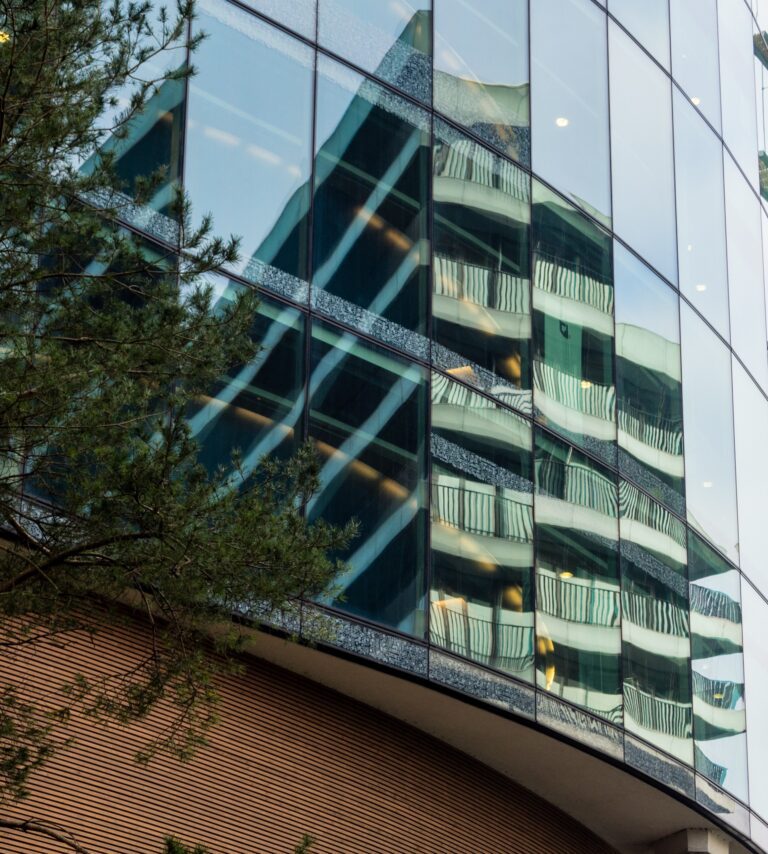On 13 January 2022 the Court of Appeal allowed the appeal of 12 Local Authorities against the decision of Nicklin J in [2021] EWHC 1201 (QB). Caroline Bolton and Natalie Pratt acted for 8 of the successful Appellant Local Authorities (the ‘C8 Group’).
In a judgment given by the Master of Rolls, Sir Geoffrey Vos, with which Lewison LJ and Elisabeth Laing LJ agreed, the Court held that the Judge was wrong to hold that the court cannot grant final injunctions that prevent persons unknown, who are unknown and unidentified at the date of the order, from occupying and trespassing on land. Further, the Court held that the same procedural limitations apply to s187B of the Town and Country Planning Act 1990 (under which statutory provision all of the C8 Group had sought and obtained injunctions, whether interim or final) as apply to s37 of the Senior Courts Act 1981, such that it is possible to seek and obtain a persons unknown injunction that binds so-called newcomers to proceedings under that statutory provision. Finally, the Court held that, whilst it is only in exceptional cases that an injunction that binds the world at large (or, ‘contra mundum’) may be sought and obtained, the court cannot and should not seek to limit in advance the types of injunction that may in future cases be held to be appropriate to justify such relief.
In reaching its decision, the Court found that the Court of Appeal’s earlier decision in Canada Goose ([2020] 1 WLR 2802) was both inconsistent with earlier Court of Appeal authority (Gammell [2006] 1 WLR 658 and Ineos [2019] 4 WLR 100), and given without proper regard to previous binding authority, such that it was not bound to follow Canada Goose. Furthermore, the Court found that the Supreme Court’s decision in Cameron had been misunderstood, and that it did not preclude a newcomer to the proceedings becoming a party to those proceedings even after final order by doing the prohibited act with knowledge of the prohibition. Accordingly, as regards persons unknown injunctions as against newcomers, the position of Gammell and Ineos is restored, and claimants may now again seek both interim and final relief against those defendants who are both unknown and unidentified at the time the order is made.

